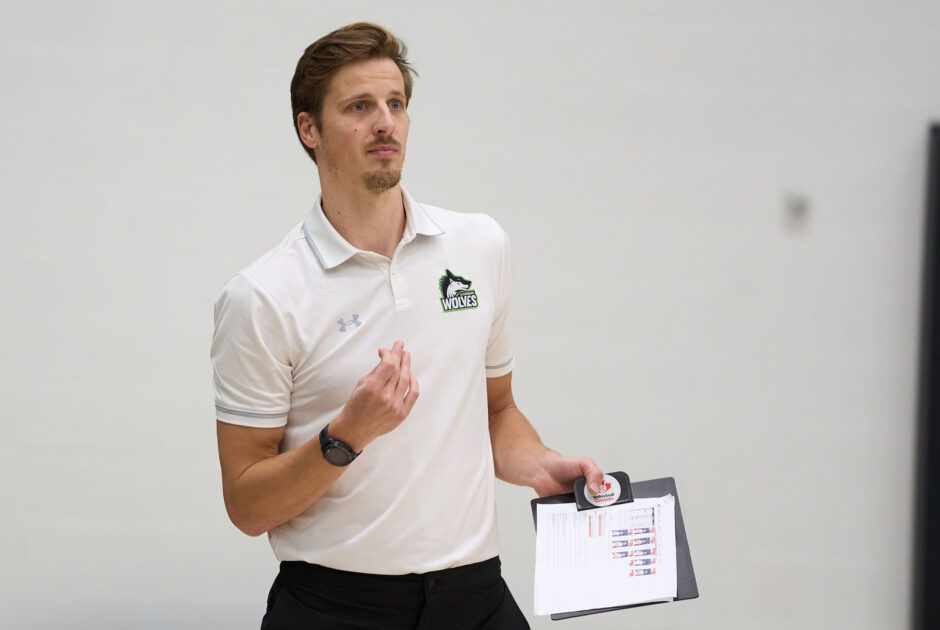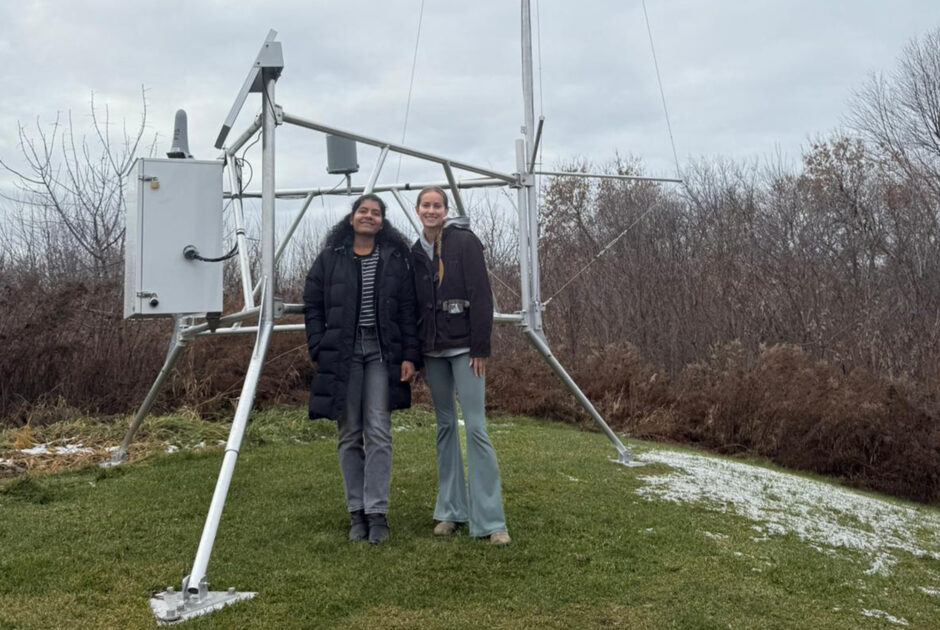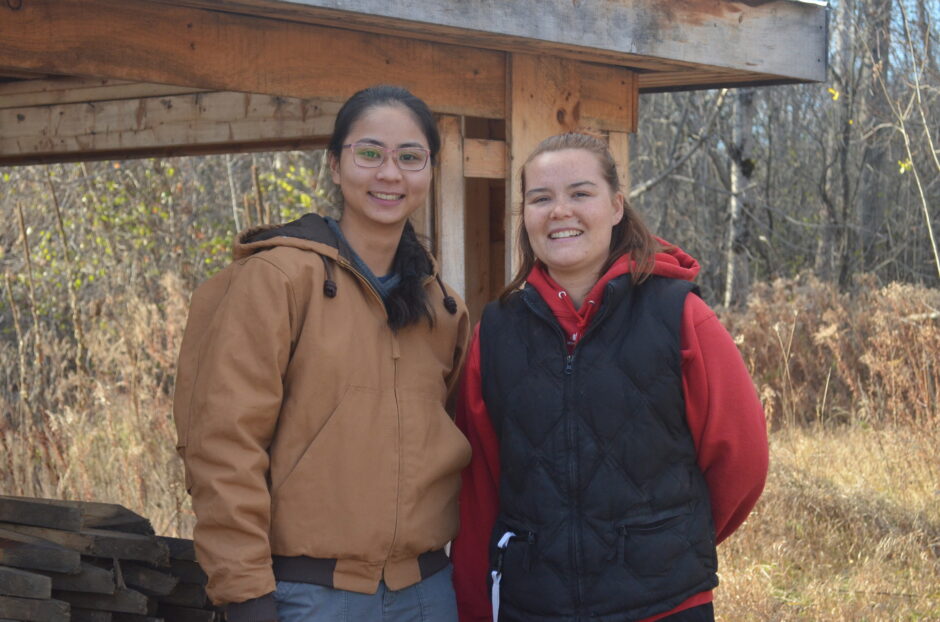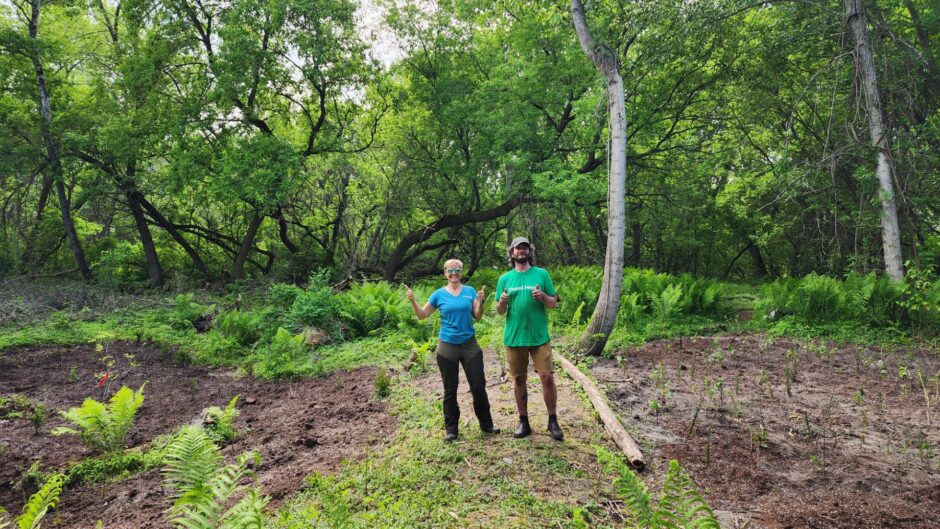2022: The sucker punch we didn’t deserve

Older generations leave no opportunity to remind us that the decades prior were harder. There was more struggle and effort in everything, and the current era is easy. A walk in the park. But the last two years proved them woefully wrong.
Since COVID-19 surfaced in late 2019, the world has seen over 490 million confirmed cases. Over six million of those have been fatal. Relentlessly, the virus pummelled humankind. What used to be a breath of fresh air became an inhalation of fear and uncertainty.
But by the end of 2021, things had started to look better. In early December – just as we were wrapping up a semester online – cases were down, and vaccination numbers were up. Travel restrictions were starting to lift, and Christmas was around the corner. Algonquin College – like many other educational institutes in Canada – intended to go back to a mainly in-person teaching model for the upcoming winter term. The calls informing of sudden demises, and the constant depressing news cycles had tapered.
There was hope and positivity in the air. The Rideau Canal Skateway would be thrown open to the public, soon. Businesses were getting back on their feet. And people were starting to step out in as safe a way as possible. A new year was coming and with it good things that would lead us away from the last two years we so badly needed to forget.
So positive were we, that when the first trucks showed up on Thursday, Jan. 27 at Parliament Hill, we barely took notice. COVID-19 mandates were easing up and restaurants were reopening for dine-in. But then the trucks stayed, and the city was once again held at ransom – this time by man-made causes.
We had barely recovered from the compounded dread of the last two years, and here we were once again – fear stricken. Those who stayed downtown faced the brunt of it – abuses and heckling were a daily affair, with the odd beer can chucked at innocents. And while they weren’t common, even a single Nazi flag in a protest is one too many to be acceptable.
It took the brave actions of a 21-year-old Ottawan to bring the incessant honking to a stop, but the feeling of dread stayed. The police needed another three weeks to clear the streets – three weeks of commuting nightmares, cancelled buses and reroutes. And if you lived across the river in Gatineau, you might as well have stayed home. The damage was done, though. We were back to our gloomy, defeated mental states.
But 2022 was just getting started. On Feb. 24, Russian troops invaded neighbouring Ukraine. A narcissistic Putin went after civilians and threatened nuclear retaliation against other nations that interfered. The rest of us watched on in helpless horror, as the stench of death and destruction repopulated our barely healed psyches. As is the case with any violent conflict, collateral damage was immediate. Russian and Ukrainian students at Algonquin felt it, too.
As journalists, this incessant negativity was starting to have a toll on the Algonquin Times staff. Reporting in an accurate and timely manner is our job. Our duty. We do our best to stay updated and true to the facts. But beneath it all, we are human. And humans don’t do well when most of their waking hours are spent doom scrolling.
But we stoically pushed on. Not because we wanted to, but because we had to. We published the Algonquin Times’ first print edition in two years – something we are extremely proud of given the circumstances. And we toiled away at assignments – being occupied is a good way to avoid our worries. It was the only thing that was normal.
Until fate decided that wasn’t bad enough. The Ontario Public Service Employees Union’s negotiations with the College Employer Council suddenly broke down, and they announced they were going on strike March 17. That meant immediate cessation of all faculty activities. No class. No college. And no Algonquin Times.
Once again, the emotional rollercoaster picked up speed. Once again, we were plagued with uncertainty and fatalism – waiting with baited breath. Like the universe was plotting against us. How would we complete the term? Would we ever make up lost time in the course? What about international students who had come from across the world, only to sit it out? And most importantly, what else did 2022 have in store before it was done with us?
Fortunately, an agreement was reached, and the strike called off at the eleventh hour (quite literally). And we dared to be skeptically hopeful, again.
The end of the term was in sight, and while it had become academically stressful – procrastination and deadlines were at their peak – it was stress we recognized and understood from decades in an education system. It was familiar territory.
The government of Ontario seemed to be feeling positive, too, as it lifted all mask mandates on March 21. It’s not like COVID-19 was dead; they just felt enough people were vaccinated (or responsible enough) to reopen safely. Some argue it was politically motivated.
Unsurprisingly, what followed was a resurgence in positive cases. Two from the Algonquin Times team fell victim within a week. But COVID-19 is physically draining. The exhaustion lasts for days after recovery. And this time, the world doesn’t stop for the afflicted, anymore. Now, you’re the only one missing out. And you still need to submit those assignments.
And that’s where we are, right now. A year that was supposed to put us back on our feet has been more of an exsanguinating rollercoaster ride, reminding us how we plot and plan, and how truly powerless those plans are.
With two weeks left for the semester to conclude, the uncertainty of the next sucker punch hangs like a sword over our heads. But we want to be hopeful. There are good things that happened, even though our brains work overtime to remember the bad.
The Algonquin Wolves women’s basketball team made it to the semi-finals of the OCAA championship. We published a print edition of the paper. The Jack Doyle Athletics and Recreation Centre was officially inaugurated. And the college has booked the Canadian Tire Centre for convocations.
Looking back, we have had one heck of a start to 2022. It’s like we were in a bubble at the end of 2021, and when it burst the universe poured all its pent-up resentment in one fell swoop. And now with the end in sight, the compounded mental exhaustion is taking its pound of flesh.
But, it has failed to strike a fatal blow. We are hobbling to the end, but our heads are held high. We are skeptical, but continue to hope. Wary about the summer we love so much, but looking forward to it nonetheless. We know another sucker punch is coming – we would be naïve to believe fate left us alone, suddenly. But we will endure.
It is, after all, what makes us human.








